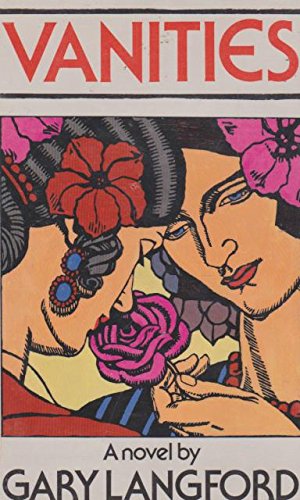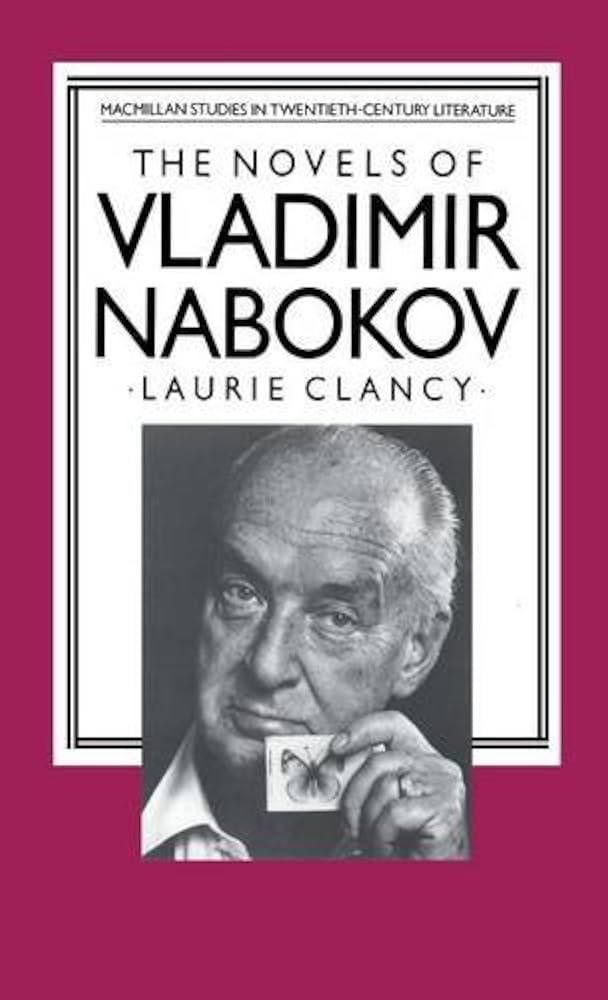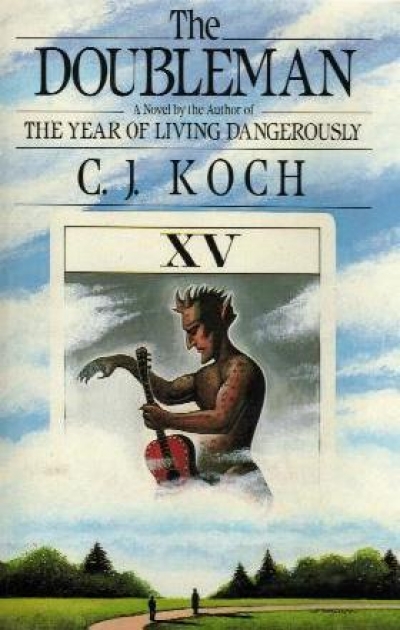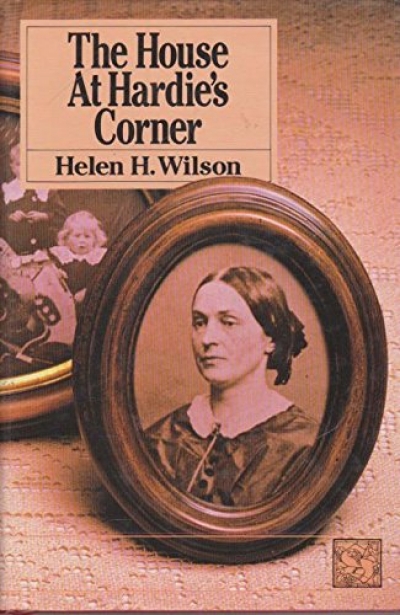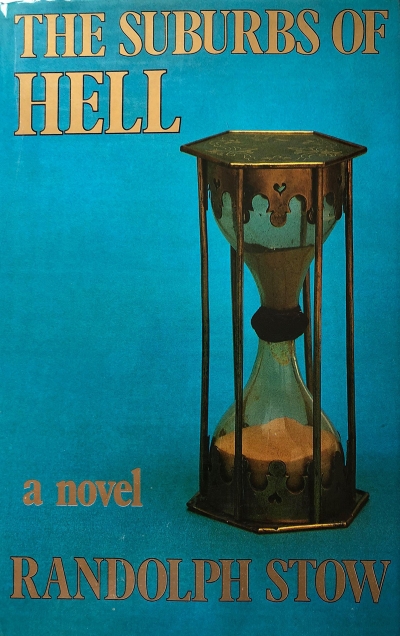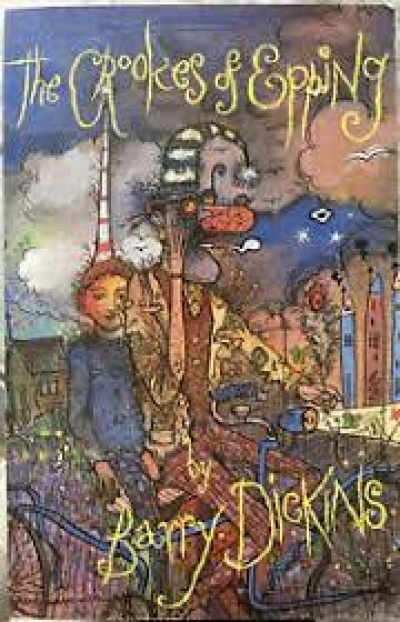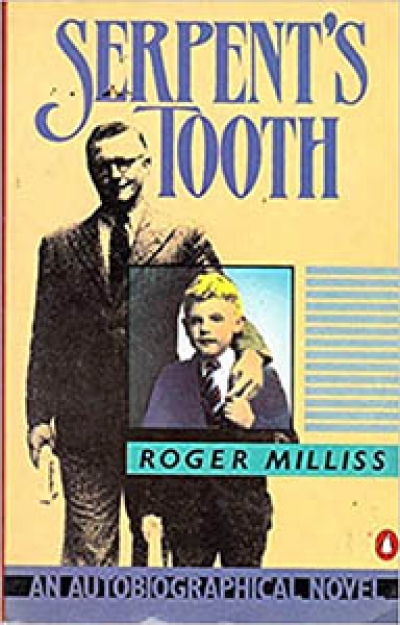Fiction
The dust jacket puff tells us that Gary Langford’s new novel is “in the richly bizarre vein of John Irvine”. For some this will be a less than enticing recommendation. But Vanities is a less sentimental book than Irvine could have written. Irvine’s humour is the measure of his characters’ uuntrammeled imaginativeness in an otherwise pedestrian world, a measure this reader finds fatuous. While Langford does have a tendency towards Irvine’s brand of brittle whimsy, his characters’ wit is a dissembling, defensive style, an indication of their vulnerability. He is determined to indulge neither his characters nor his readers with whimsicality.
... (read more)‘What am I?’ murmured the Bunyip, ‘What am I? What am I?’* setting off on a search for personal identity that has become a recurrent theme in Australian literature for young people, particularly in novels for older readers on their own adolescent journey of self-discovery.
Nadia Wheatley’s Evie is sixteen, but “a very young sixteen”, in her own and others’ opinion. She supervises her young half-sisters with practised competence and accepts responsibility for much of the housekeeping, but in the manner of a sleepwalker. ‘‘Evie hated being asked what she thought of things, because everything seemed as grey and floppy as everything else…(she) thought less of herself too, because other people thought she was boring and because it was very frustrating for Evie herself never knowing what she liked or wanted”. Life in suburban Campbelltown had been pleasant but unremarkable, despite the low-keyed hostility between Evie and her stepfather and her inability to find a job since leaving school. Then the family shifted to old, inner-city Newtown with its rich and crowded past, and unimaginative Evie became caught up in a violent drama that shifts between past and present which jolts her into a new awareness of herself and her surroundings. The plot of The House That Was Eureka is woven around an absorbing and wholly convincing recreation of the Depression of the 1930s, with the traumatic experiences of the Cruise family, destitute and threatened with eviction, running parallel to the problems of today. The theme, however, is self-discovery, as Evie identifies with the vanished Lizzie Cruise and draws from her growing understanding of Lizzie’s dreams and ambitions the insight to understand her own.
... (read more)There is nowadays the new criticism and the old, and among the practitioners of both methodologies there are good and bad critics. Lauric Clancy makes no attempt or claim to ‘re-read’ (shorthand for applying various post-structural approaches to canonical works) Nabokov’s oeuvre and hence falls four-square (puns arc de rigueur when dealing with Nabokov) amongst the Bayleys rather than the Eagletons. While this position must inevitably indicate where Clancy stands in the wider debate, there may also be historical reasons for this stance in relation to a writer like Nabokov, whose work has received comparatively little attention despite – or perhaps because of– his globally provocative reputation.
... (read more)Inside Jan McKemmish there is a good short story writer trying to get out. A Gap in the Records is a novel about an international female intelligence apparatus. At its heart is the story of an assassination of a crook, Crane, by an agent of the apparatus, Mary Stevens.
McKemmish wastes no space – not a line, not an adverb – in getting Mary Stevens to Hong Kong and into the confidence of Crane. She is at the races, at the ballet, swimming in his pool, dancing at his club. Her life is ascetic (minimum alcohol, yoga, no sex) and dedicated.
In a marvellous spider’s-web conversation she lures Crane to accompany her on a shopping expedition. So she tricks the criminal into Graeme Wong’s hidden shop at the back of Mud Lane. A gun is waiting for her there in one of the jade cases. Her accomplice is there too, playing the part of shop assistant!
... (read more)C.J. Koch in this powerful and evocative novel, The Double Man, has applied a psychoanalytic model of human personality to fairytales and the fantastical world of myth: the pursuit of illusion as reality. Its ingenious double life is that of a modern-day fairy tale coupled with the face of 1960s man, paralysed with the despair of his era: its inability to cope with the breakdown of shared values and beliefs. Richard Miller is both the prince of the archetypal fairytale and the prototype of modern man trying to create a private reality out of ancestral beliefs. The Double Man recalls W.B. Yeats’s dread of the ‘rough beast…its hour come round at last’, and the warnings of Goethe who foresaw a time of such chaos: when odd spiritual leaders would emerge and man would turn full circle to find popular truth in ancient myths and legends.
... (read more)The House at Hardie’s Corner by Helen H. Wilson & Landscape with Landscape by Gerald Murnane
I’d wager that if you offered men the opportunity when they died, of being reunited with their deceased father, many would find the prospect unattractive. A surprising number of men fear their father and spend most of their life coming to grips with the complex. Hardie, the protagonist of this story was a bad father. He meant no evil nor was he evil by his own lights, yet he did systematically, emotionally at least, destroy every member of his family.
... (read more)New themes, new variations on older ones, and new directions for established authors and artists characterise this selection of picture books. Publishers are to be commended for their willingness to support experiments; if the result is not always wholly successful, the very fact that new talent and new ideas are encouraged is of far greater ultimate importance.
Stories of giants and midgets belong to the folk literature of all cultures; and have been the especial favourites of children, who seem them the dramatisation of some of their own frustrations in an outsize world.
... (read more)Randolph Stow’s latest novel, The Suburbs of Hell, may be read as a simple whodunit: a simple allegorical Whodunit. Like Umberto Eco’s The Name of the Rose, like David Lodge’s Small World, this novel sets out to intrigue the reader. The new genre, nouvelle critique, teases the reader’s vanity, the reader’s erudition at the same time as it engages with questions of a metaphysical kind – the nature of truth, reality, and for those concerned with literature – the purpose of writing today.
... (read more)I must declare an interest. Dickins was once a student of mine and is still a friend. Readers of this review are invited to exercise their reservations.
I believe The Crookes of Epping is in the tragi-comic tradition of Charlie Chaplin which reaches back to one of the world’s greatest books, Don Quixote. In it pathos is as important an element as humour, wit and absurdity. It also has a connection with the earliest Greek Comedy in which the celebration of the God Dionysus was an important element.
... (read more)Serpent’s Tooth is a massive, sprawling novel. It is panoramic in its vision of twentieth century social and political history, and meticulous in its rendering of one man’s struggle to sustain the mighty ideal his father has inspired in him.
... (read more)

